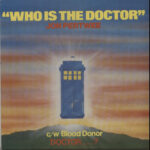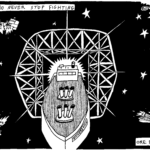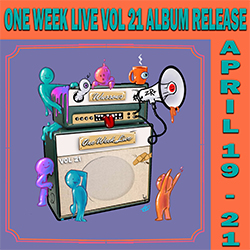011001000110100101 1001110110100101 1101000110000101101100
In the shower this morning I was thinking about how the digital lifestyle is taking over my old analog self. I rarely play LP’s or CD’s anymore, Pandora and Podcasts are replacing radio, I read books on my iPhone, get recipes online and communicate with Facebook and Twitter. Many of these tools replace things I used to spend money on which is good for me but I wonder where this will all lead? Papers are going under, bands can’t sell nearly as many CD’s and I’m sure Publishers will see a loss in sales of books now that they are going digital.
I’m not sure what my point is but I am curious how others have adapted/adopted to the digital lifestyle. Is digital good for the human race?
Recommended Links:
Leave a Comment
Only registered members can post a comment , Login / Register Here














44 Comments
Mel
about 15 years agovicarious
about 15 years agojp
about 15 years agoChester Dark
about 15 years agoChester Dark
about 15 years agoMel
about 15 years agoedgeways
about 15 years agoadam
about 15 years agoThe Big E
about 15 years agotony
about 15 years agoBad Cat!
about 15 years agoadEm
about 15 years agoBaci
about 15 years agosamh
about 15 years agoBarrett
about 15 years agoBaci
about 15 years agomagus
about 15 years agohbh1
about 15 years agohbh1
about 15 years agohbh1
about 15 years agoeco eco
about 15 years agohbh1
about 15 years agovicarious
about 15 years agoMel
about 15 years agoBeverly
about 15 years agoToo Many Daves
about 15 years agoeco eco
about 15 years agoPaul Lundgren
about 15 years agoeco eco
about 15 years agoPaul Lundgren
about 15 years agovicarious
about 15 years agohbh1
about 15 years agohbh1
about 15 years agoedgeways
about 15 years agovicarious
about 15 years agoeco eco
about 15 years agoeco eco
about 15 years agohbh1
about 15 years agonick s
about 15 years agoCalk
about 15 years agojp
about 15 years agoadam
about 15 years agonick s
about 15 years agoTaylor
about 15 years ago